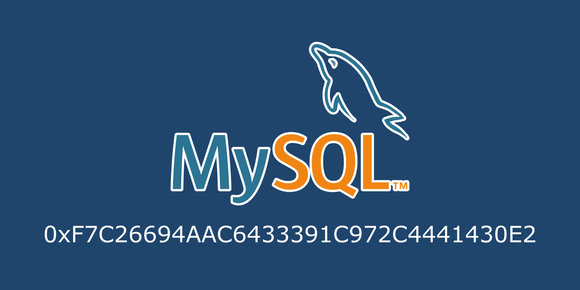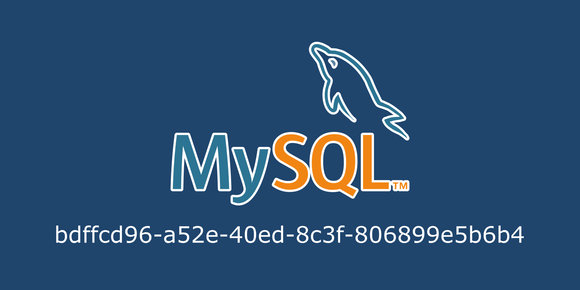Recent Articles

Publishing Docker Images with GitHub Actions
Feb 20, 2021 · 7 min read
Publishing Docker images is a common CI/CD task, and the tight integration GitHub Actions has with GitHub repositories makes it a great tool for the job.

Publishing Docker Images with CircleCI
Feb 15, 2021 · 8 min read
Publishing Docker images is a common CI/CD task, and the flexibility CircleCI offers makes it a great tool for the job.

Changing a Git Commit Message
Dec 5, 2020 · 6 min read
The Git commands to change a commit message are situational - here's a short guide to all of them.

Undoing a Git Commit
Dec 3, 2020 · 5 min read
Complicated Git commands are hard to remember and are full of landmines - here's a short guide on how to undo any Git commit.

Installing a Specific Version of Helm
Nov 24, 2020 · 4 min read
Helm, the package manager for Kubernetes, can be sensitive to the version of Tiller running in cluster, and as a result may require you to install a specific version.

Making UUIDs More Performant in MySQL
Nov 14, 2020 · 3 min read
MySQL does not have a native UUID type, so strings are often used instead, which come with large storage and performance costs.

Generating v4 UUIDs in MySQL
Nov 13, 2020 · 3 min read
MySQL's UUID() function generates v1 UUIDs, which have a time component that make them unevenly distributed over short periods of time. We can define our own function to generate v4 UUIDs, which are random and therefore more evenly distributed.

Faking Sequences in MySQL
Nov 11, 2020 · 4 min read
MySQL doesn't have a concept of custom sequences that other databases such as PostgreSQL do, but they can be faked with a table and some clever queries.

Common Markdown Mistakes
Nov 9, 2020 · 4 min read
Markdown provides simple syntax for writing structure documents, but most written markdown would not pass a linter check. Here's a list of 11 common syntax mistakes and how to fix them.

Code Review Comment Prefixes
Nov 6, 2020 · 4 min read
Regardless of what style of code reviews you use, code reviews in general are an important tool to share expertise and improve quality, but sometimes the intention of comments can be lost.

Getting Started With minikube
Nov 1, 2020 · 4 min read
minikube is a tool for running a Kubernetes clusters for local development, and the setup of it is super simple.

Linting Dockerfiles with Hadolint
Aug 10, 2020 · 3 min read
Linters don't just enforce style guidelines, they also catch potential issues. hadolint (Haskell Dockerfile Linter) is the most popular linter for Dockerfiles, and it's incredibly easy to use.